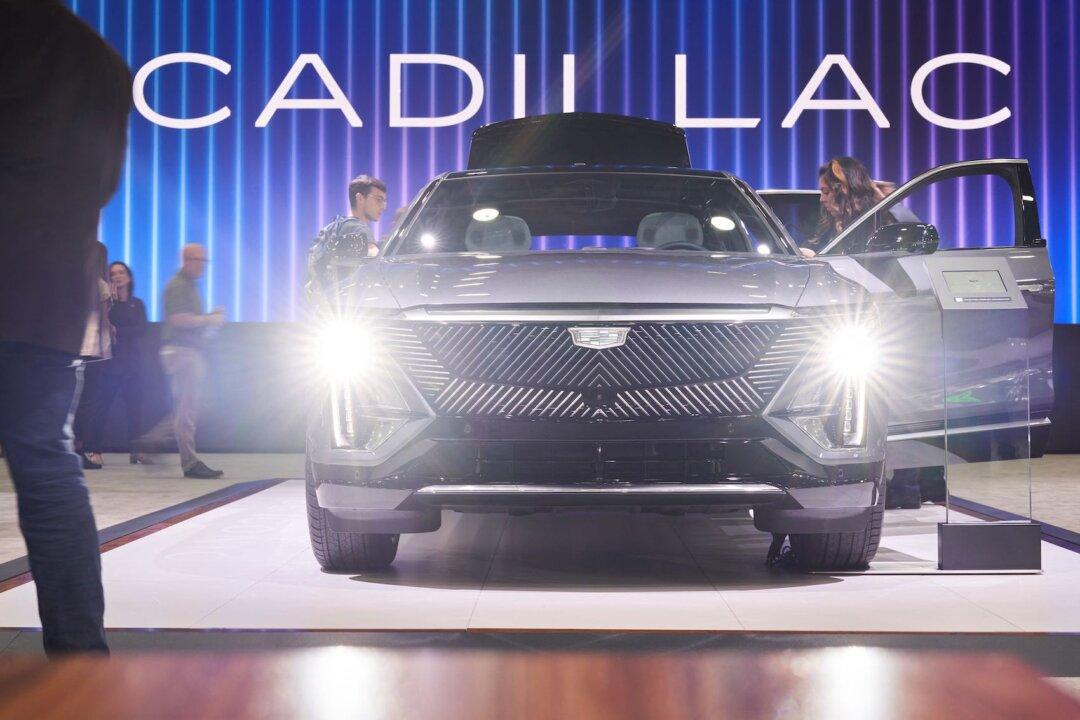The U.S. government is paving a way forward to exclude communist China from the U.S. electric vehicle (EV) supply chain.
According to the proposed guidance on clean energy vehicle provisions of the Inflation Reduction Act, released on Dec. 1 by the U.S. Department of the Treasury and Internal Revenue Service, consumers can take a tax credit of up to $7,500 for purchasing a clean energy vehicle.





